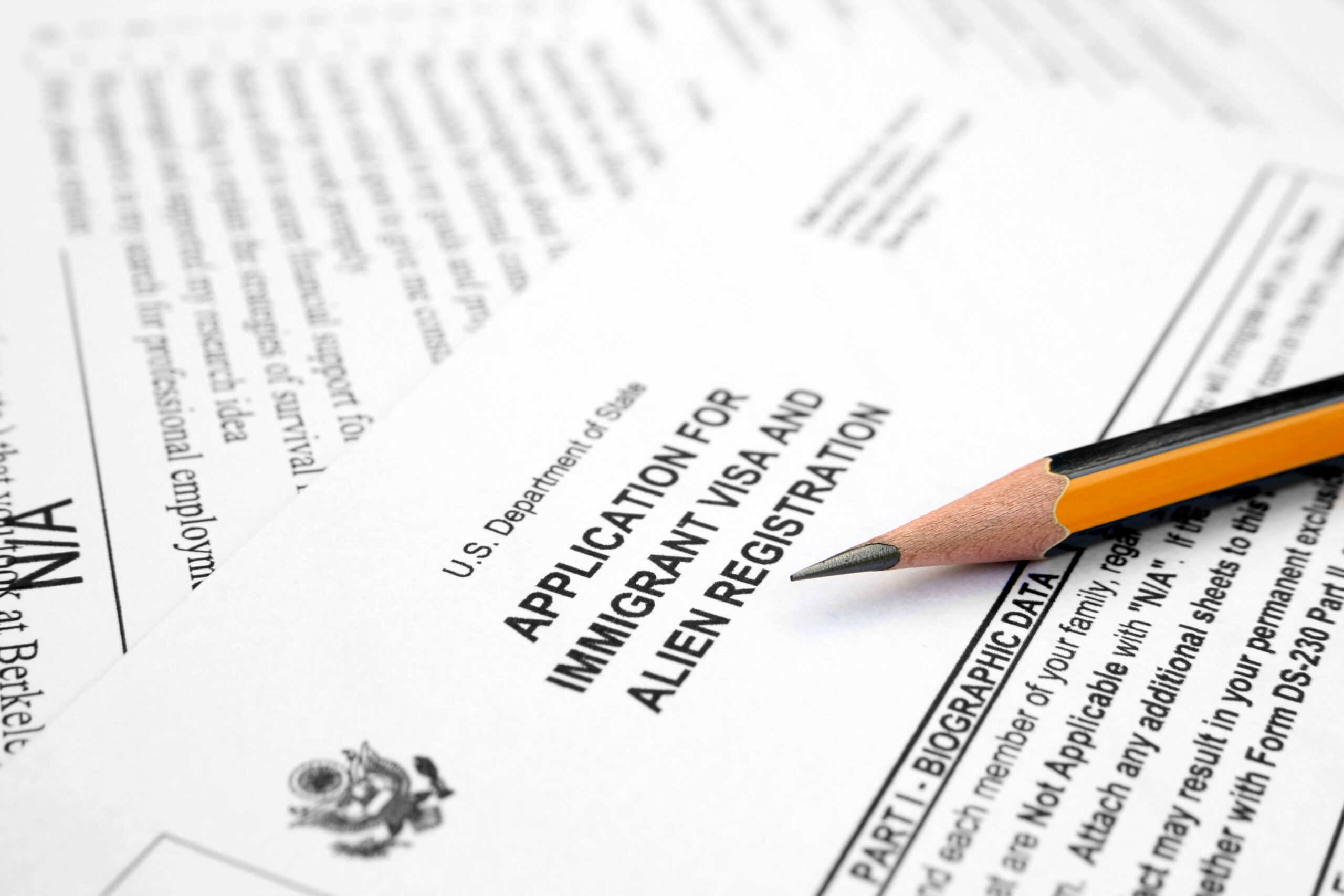Employers and employees alike often inquire as to who may pay immigration sponsorship fees for certain nonimmigrant petitions and the permanent residency (green card) process. The answer often depends on a few details, including the specific immigration process, who is requesting the fee, the visa type, and the specific expense.
Fees Associated With H-1B, H-1B1, E-3, and TN Sponsorship
H-1B Sponsorship
Federal law generally prohibits an employer from requiring that an employee pay for or reimburse the employer’s expenses for U.S. Citizenship and Immigration Services’ (USCIS) filing fees or attorneys’ fees associated with the preparation or filing of an H-1B petition.
Premium processing fees may be paid by the H-1B beneficiary (employee) or the H-1B employer, depending on the circumstances and if certain conditions are met. The employee may cover the fees for premium processing if premium processing is requested by the employee for his or her personal benefit rather than as a business necessity. Fees associated with filings for dependents may be covered by the employee.
H-1B1 and E-3 Sponsorship
Similar to H-1B sponsorship, federal regulations require that H-1B1 and E-3 petitioning employers cover costs associated with legal fees and government filing fees, with the exception of visa application fees. Fees associated with filings for dependents may be covered by the employee.
TN Sponsorship
The TN petitioning employer is not required to pay for legal fees or government filing fees for the employee (or dependents).
Fees Associated With Permanent Resident (Green Card) Sponsorship
The employment-based permanent residency process can generally be broken into three major steps. The following is a summary of costs associated with each step and a discussion of the party responsible for payment.
Step 1: Filing the PERM Application
According to federal regulations, the employer is responsible for all fees associated with the PERM application process, including legal fees and costs of recruitment.
Step 2: Filing the Form I-140
According to federal regulations, the employer is not responsible for the fees associated with filing Form I-140, Immigrant Petition for Alien Workers. All costs associated with this process, including premium processing fees, attorney fees, and USCIS filing fees may be covered by the employee.
Step 3: Filing the Adjustment of Status
According to federal regulations, the employer is not required to cover the costs associated with the adjustment-of-status process, such as legal and filing fees for the principal applicant (the employee) or the applicant’s dependents, if any. Similarly, the employer is not under any obligation to pay the filing fees for Form I-765, Application for Employment Authorization, or Form I-131, Application for Travel Document (specifically for advance parole), which are often filed concurrently with an adjustment-of-status application. In addition, the fees for medical examinations and passport photos may also covered by the employee.
Ogletree Deakins’ Immigration Practice Group will continue to monitor developments with respect to related policy changes and will post updates on the Immigration blog as additional information becomes available. Important information for employers is also available via the firm’s webinar and podcast programs.





